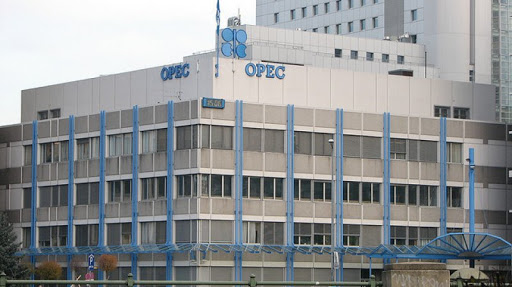The United States announced on Tuesday that it would release 50 million barrels of crude oil—32 million barrels in the form of an exchange that would need to be replaced in the coming years, and an accelerated release of 18 million barrels that were already planned. China, Japan, South Korea, and the UK also announced SPR releases at the United States’ bidding.
The SPR release came after President Biden’s failed attempts to get OPEC+ to increase production at a quicker rate than the group had planned—which is an increase of 400,000 bpd every month until the group’s entire production volumes have been restored.
In the days leading up to the release, OPEC+ warned those oil-producing nations that it would respond to a coordinated SPR release. While it did not specify amounts, OPEC+ said at the time that it may reconsider its plans to add additional production.
WSJ sources now suggest that when the group next meets to discuss its production plans, it may rethink its strategy—what was up until now nearly a foregone conclusion—of increasing production by another 400,000 bpd.
OPEC+ delegates said that Saudi Arabia and Russia are considering a pause in the increase. Meanwhile, the UAE and Kuwait are not on board with a pause, WSJ sources said.
Even after the SPR release was announced on Tuesday, the UAE yesterday said that OPEC+ would probably stay the course.
Russia and Saudi Arabia account for roughly half of OPEC+’s total production.
Oil prices rose shortly after the news broke, swinging from a loss on the day to a gain, with WTI trading up 0.15%. SOURCE: Oilprice.com

